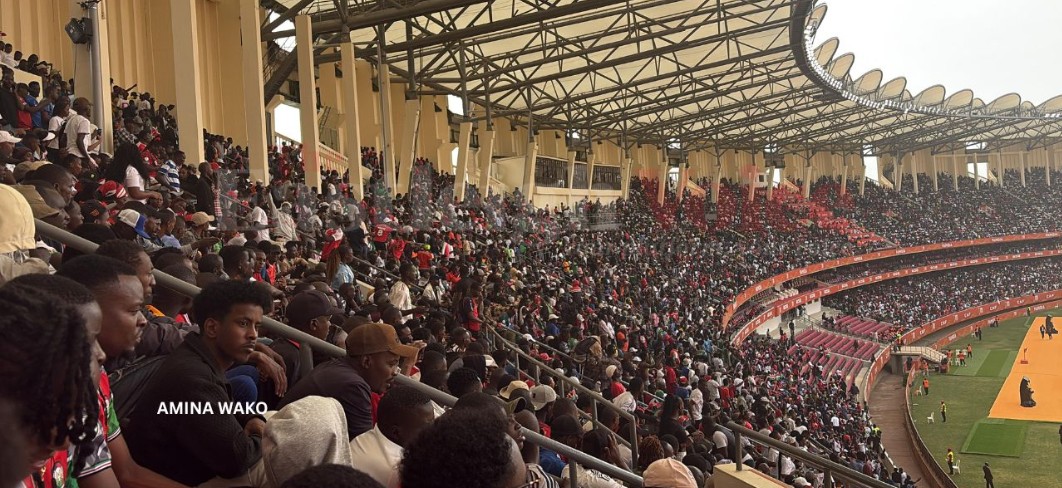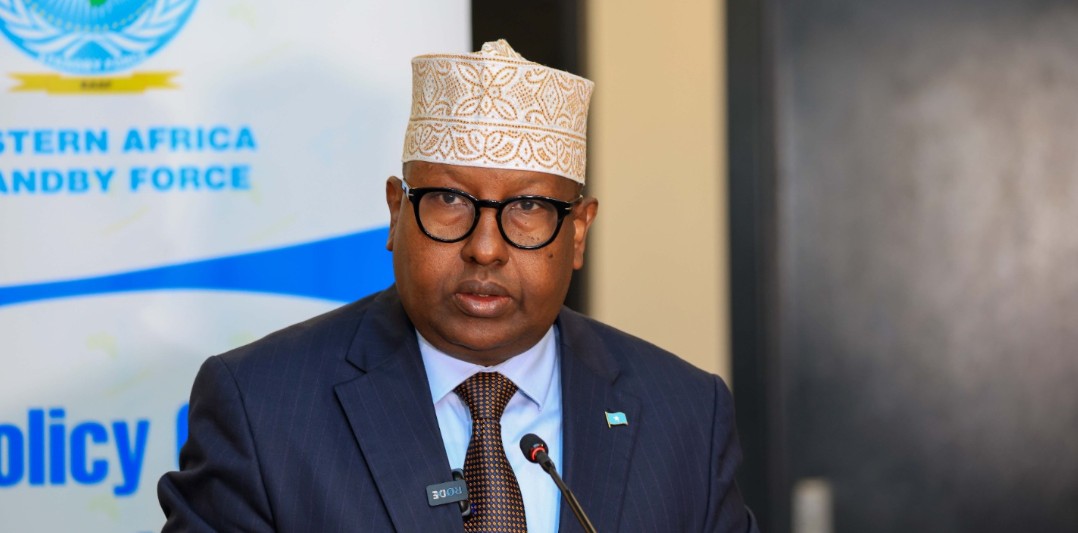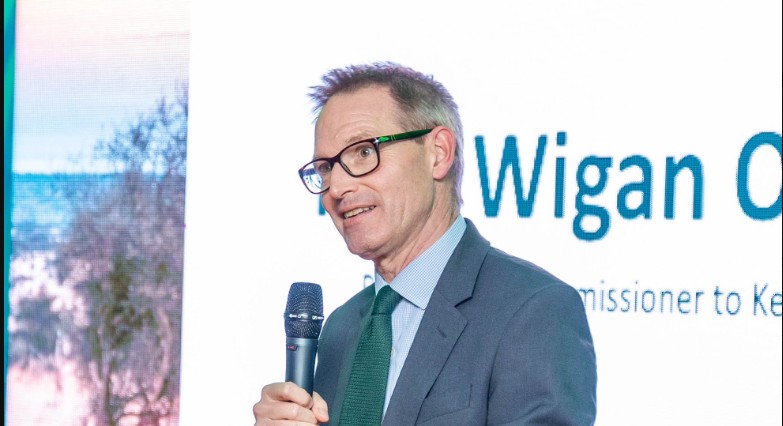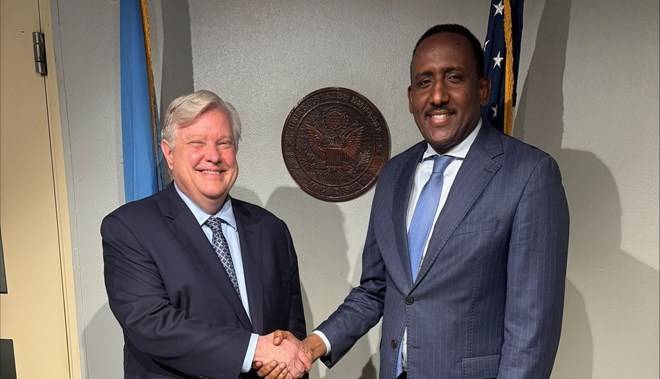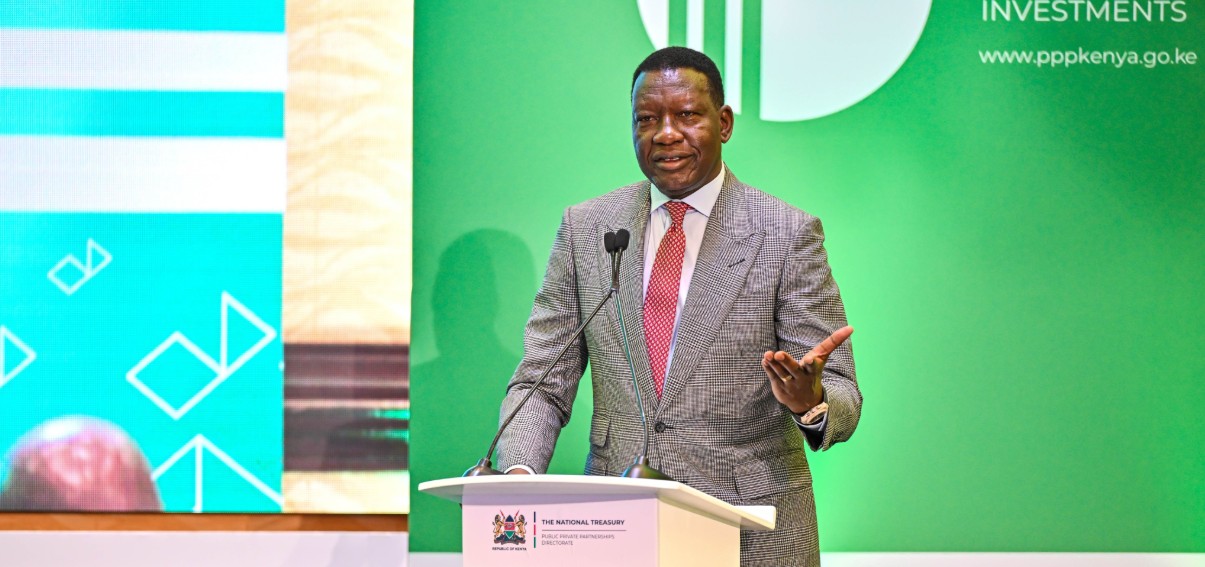Nairobi Hospital freezes fee increases after insurers threaten to suspend coverage
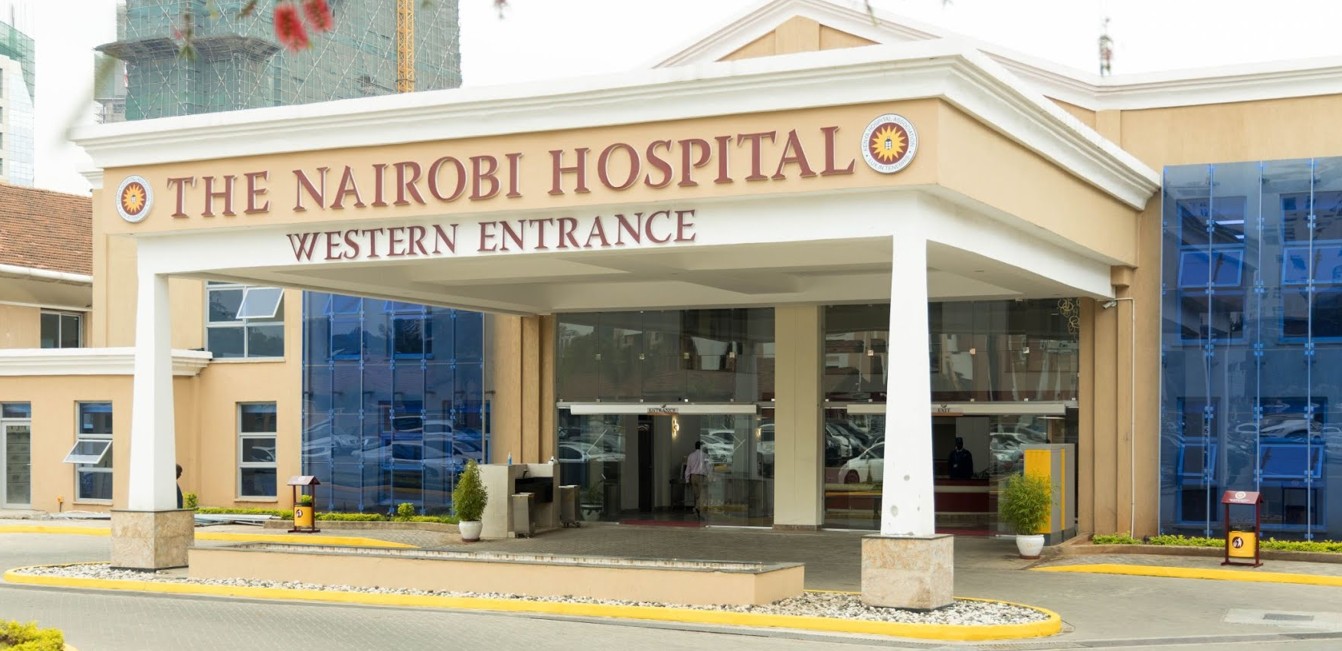
Last month, the hospital announced price hikes of up to 61 per cent on key services such as scans, ultrasounds, and bed charges, citing rising operational costs, including escalating pharmaceutical and medical supply prices.
The Nairobi Hospital has suspended its recently announced price increases following a strategic meeting with leading medical insurance providers.
In a statement on Monday, Chief Executive Officer Felix Osano said the decision was made in good faith after insurers requested more time for consultations on the proposed adjustments.
More To Read
- Nairobi Hospital Board, CEO in bitter clash over hiked treatment costs, governance
- Eight insurance firms suspend cover at Nairobi Hospital over soaring treatment costs
- Court suspends Herman Manyora’s appointment as Kenya Hospital Authority board chair
- Legal challenges won’t disrupt patient care, Nairobi Hospital assures
- Medical insurance makes turnaround, records profits for the first time since 2021
- Kuppet demands release of medical funds as teachers face healthcare crisis
The meeting brought together senior representatives from eight insurers that had suspended coverage of Nairobi Hospital services—Madison Insurance, First Assurance, Minet, Old Mutual, Britam, AAR, CIC, and Pacis Insurance, as well as Heritage, Kenindia, Kenya Alliance, and Fidelity.
“Following a productive strategic meeting held today with key insurance providers, The Nairobi Hospital has agreed to suspend the implementation of its recently announced price review, effective immediately. This decision, made in good faith, responds to requests from our valued insurance partners to allow for further consultation and collaborative dialogue,” Osano said.
61 per cent hike
Last month, the hospital announced price hikes of up to 61 per cent on key services such as scans, ultrasounds, and bed charges, citing rising operational costs, including escalating pharmaceutical and medical supply prices.
Defending the revised rates, Osano stated: “Independent comparisons indicate that our revised rates remain competitive and fair when measured against peer institutions offering equivalent levels of care and expertise.”
The steep increases drew swift pushback from insurers, with several halting service coverage.
AAR Health, for instance, notified its clients that it would stop covering the hospital’s services after failing to reach a pricing agreement.
“While we remain committed to investing in excellent healthcare, the scale of recent cost increases raises concerns about long-term affordability for our members,” AAR CEO and Principal Officer Justine Kosgei said in a notice dated August 6.
“Despite a sincere effort from both parties, we were unable to reach mutually acceptable terms at this time.”
Grappling with challenges
The Nairobi Hospital, owned by the Kenya Hospital Association, has been grappling with challenges including leadership disputes, allegations of financial mismanagement, and a reported debt of more than Sh3 billion. One creditor has filed a liquidation case against the hospital, with a court hearing set for Wednesday.
Despite these hurdles, Osano expressed confidence in the ongoing talks.
“The Nairobi Hospital remains dedicated to fostering strong partnerships with all stakeholders while upholding its mission to deliver accessible, high-quality healthcare to the community. We look forward to continued engagement with our insurance partners to ensure sustainable solutions that prioritise the well-being of our patients,” he said.
Top Stories Today



